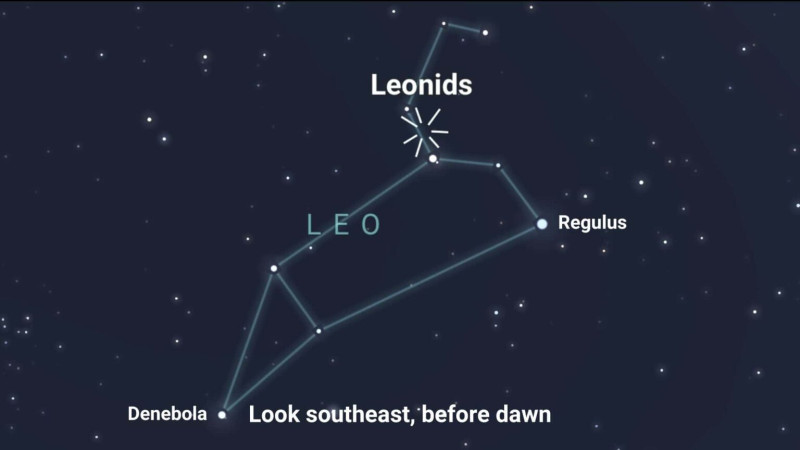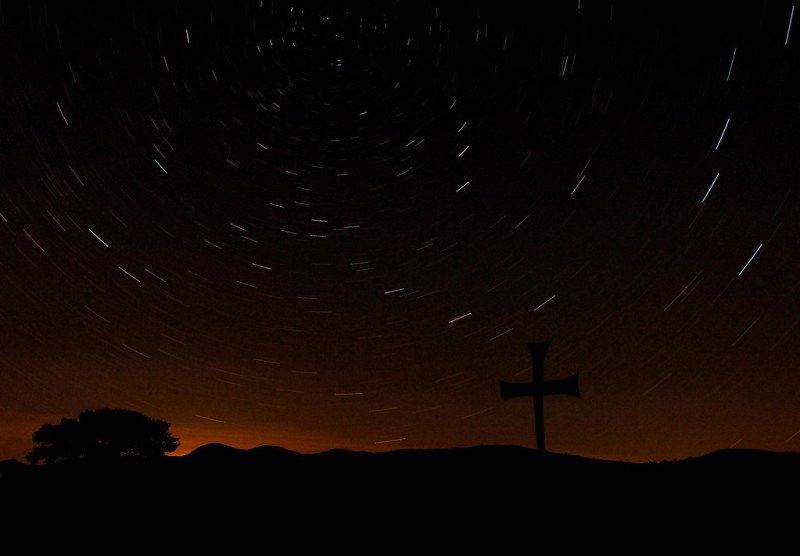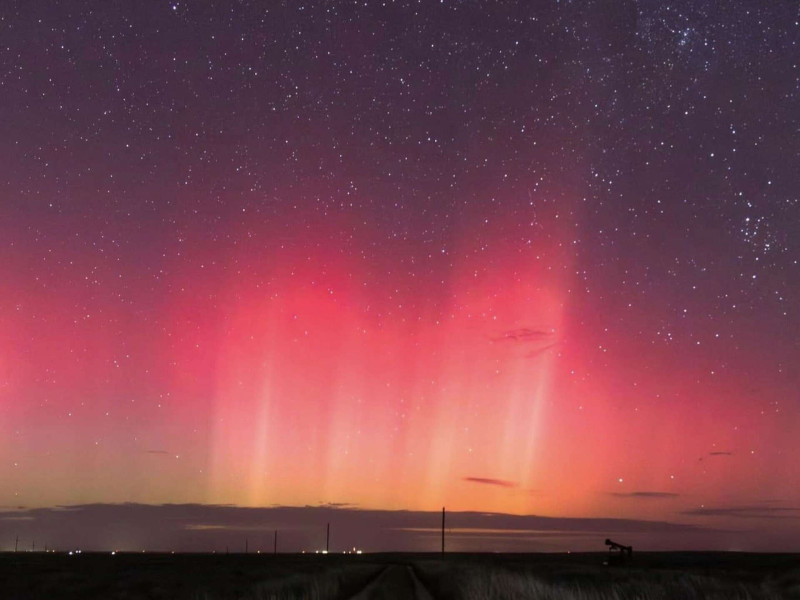The night sky is set to dazzle with a breathtaking display of shooting stars as the Leonid meteor shower reaches its peak tonight. This annual event, known for its dramatic shows and stunning fireballs, offers an excellent opportunity for stargazers to witness the wonders of the cosmos.
Tonight, November 18, 2025, marks the peak of the Leonid meteor shower, a celestial event that occurs as Earth passes through the debris trail left by comet 55P/Tempel-Tuttle. This cosmic encounter creates a mesmerizing spectacle of shooting stars, some of which can be as bright as fireballs and leave long trails across the sky.
The Leonid meteor shower is active from November 6 to 30, but the peak period, or the best time to watch, is between November 16 and 17. During this time, sky watchers can expect to see up to 15 meteors per hour, with some exceptional years producing meteor storms where hundreds or even thousands of meteors light up the sky.
For those wondering, where to look for the Leonid meteor shower, the meteors will appear to radiate from the constellation Leo the Lion, hence the name "Leonids." However, you don't need to focus on Leo to see the meteors; they can appear anywhere in the night sky. The best time to view the shower is typically between midnight and sunrise, when the skies are darkest and the meteor activity is highest.
The optimal conditions for viewing tonight's shower are favorable, as the Moon will be out of the way, leaving the skies properly dark. This provides a perfect backdrop for spotting the shooting stars without the interference of lunar light, making it one of the best chances to see a shooting star all year.
The Leonid meteor shower is not only a visual treat but also a reminder of the dynamic nature of our solar system. The meteors are actually tiny particles of dust and ice, remnants of the comet 55P/Tempel-Tuttle, which vaporize as they enter Earth's atmosphere, creating the stunning streaks of light we see as shooting stars.
Tonight, as Earth moves through the debris left behind by comet 55P/Tempel-Tuttle, stargazers across the globe will have the chance to witness this celestial show. Whether you're an experienced astronomer or a casual observer, the Leonid meteor shower 2025 promises to be a spectacular event that will leave you in awe of the universe's beauty.


